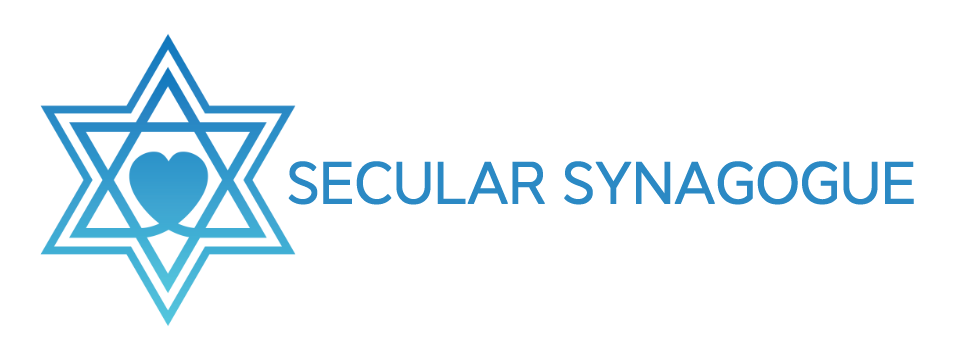Sustainable Happiness
If you’ve been hanging around my email list, social media, or in SecularSynagogue.com, you’ve heard about the idea of Tikkun Olam - repairing the world. You may have heard me spiel (talk) about where this Jewish idea comes from but, if you haven’t, here is the rundown: In Kabbalah, the system of Jewish mysticism for which the Zohar is the central text, we have an explanation for the creation of the world. The question is how our material world can exist if god is everywhere. The kabbalistic answer is that god had to shrink/contract (the word is “tzimtzum” - more on that in a second). With this new space for the world, god tried to fit into these vessels but his light was so powerful that they shattered. Thus, our world is made up of tiny, fractured bits of god’s light. When we do good deeds, the thinking goes, we are reassembling the shards. Thus, our deeds help to repair the world that god intended.
Sounds pretty wacky for a bunch of cultural/secular Jews, no? So why do I/we speak about Tikkun Olam? Because the metaphor works to inspire action. I do not take this literally. I do not think that every time I bring soup to someone who is sick or participate in a beach clean-up I’m restoring the vessel of god’s light. I do think that these individual actions all add up to make a better world. In fact, it is because I’m a secular Jew I believe so strongly in the value of Tikkun Olam. We need to repair the world — ain’t no one else gonna do it for us.
I’ve been thinking about the concept of “repairing the world” lately because we are in the middle of a climate emergency. I am terrified and horrified by images of the Amazon burning and the ice sheet in Greenland melting. I am scared. We need to fix the world — literally — and we have no time to waste.
Last year at the High Holidays I spoke about research from positive psychology on happiness. Researchers suggest that happiness isn’t about feeling joy and elation all the time, but rather is about living a life of purpose and meaning. Secular Humanistic Judaism is designed to bring meaning to our lives. It can also bring purpose: let the Jewish ethics and values around repairing the world and doing good inspire you to become a better environmental steward.
I’ve been reading a lot this year about “sustainable happiness,” which draws on positive psychology and notes that our happiest times tend to be in relationship and in nature. We think we need stuff to make us happy but, actually, the more stuff we have and the more money we make (after a certain amount needed to sustain us), tends to make us less happy overall. The idea is that the less we have the more we can enjoy it.
I started thinking of the idea of “tzimtzum” — contracting to make space — that god does in the kabbalah narrative. I think we are in a period where we need to tzimtzum. We need to take up less space, less of a carbon footprint, have less, travel less, spend less, and consume less. This might seem like deprivation but in my life I’m finding I actually feel much better if I keep things a little simpler. My house was too crowded with stuff and now that I buy less I’m happier with my home. My diet was full of garbage and now that I focus on eating less, more plant-based, more nourishing foods, I feel better. My schedule was full to the point of ridiculousness, and now I try to do less and I feel more calm. Less really is more, most of the time.
There is no doubt that the North American lifestyle is not sustainable. Turns out, it’s not really making us happy anyway. To be sustainably happy is to lead lives of meaning and purpose. To have less, and to be and do more. These are my goals this coming year. Join me!
